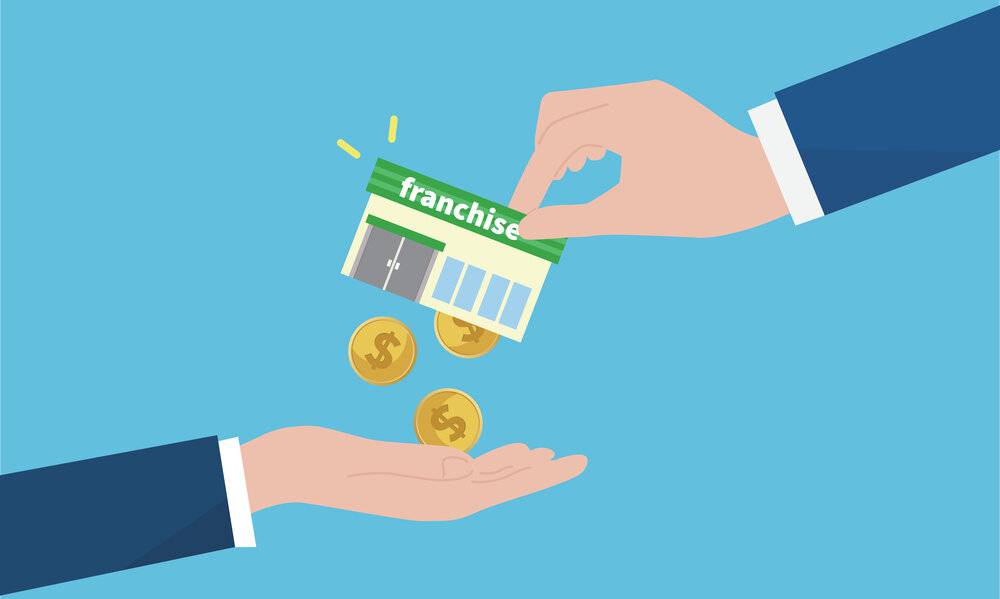
Oklahoma City doubled down on its Supreme Court fight with the State Corporation Commission over franchise fees that don’t have to be collected by utilities securitized as part of the Winter Storm 2021 bond cases.
In response to the Commission’s late January filing asking for the city’s appeal to be thrown out by the Supreme Court, Oklahoma City accused the regulators of failing to give cities adequate notice that millions of dollars in franchise fees were at risk in the storm finance matters.
The Commission, in a late January filing in the case (No. CU-120707) asked the court to throw the case out, contending Oklahoma City did not have standing to appeal the original ruling. It argued the city could not demonstrate it is an “aggrieved” party as a result of the ruling.
The Commission also contended that none of the parties that took part in the original bond ruling “raised the issue of municipal taxes being due.”

Oklahoma City responded by contending it is an “aggrieved” party because of the cancellation of sales tax collections by utility vendors from utility consumers and raised a dissenting opinion filed by Corporation Commissioner Bob Anthony in his opposition to the securitization for the utilities. The City claims that through Anthony’s dissenting opinion, the issue of taxation was raised and that “Unfortunately, Oklahoma’s securitization statutes and Corporation Commission financing orders neglected to address this important obligation.”
The City’s legal response with the Supreme Court also noted that an “extremely truncated, minimal-notice process” was used by the Commission in July of last year and “no notice” was served by the Commission even though, as pointed out by Commissioner Anthony, that millions of municipal dollars were at stake.
“So, in a case involving millions of dollars in municipal taxes and franchise fees, the OCC gave no actual notice to municipalities of what was at stake and concluded the whole matter in a mere 11 business days, one of which was the day the PUD Application was filed and the other day the matter went for final hearing before the OCC,” wrote Kenneth Jordan, Municipal Counselor for Oklahoma City.
Jordan also told the Supreme Court the Corporation Commission’s order “places a cloud, or a chill, on the payment of municipal franchise taxes on part of the sales price value of sales by utilities to consumers.”
He contends the Commission’s original order that canceled sales tax collections “is unconstitutional and in direct violation of City sales tax laws.”
Oklahoma City filed an appeal in September of last year following the Corporation Commission’s 2-1 approval of financing orders for the utilities.



